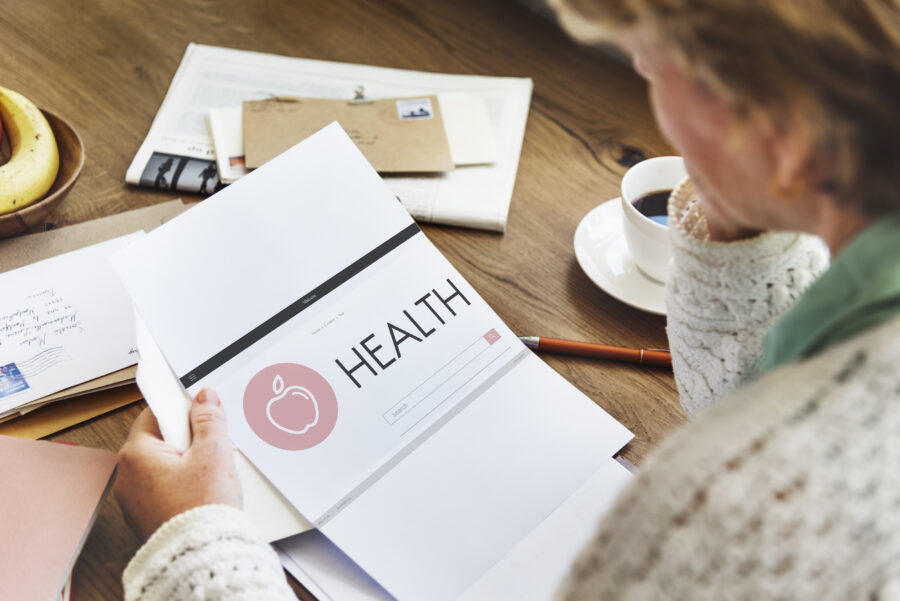As event planners, we are commended for our ability to multitask, manage last-minute changes, and create excellent experiences within tight timelines. However, the fast-paced and demanding nature of our profession frequently has a negative impact on our personal well-being. It’s time to acknowledge that self-care is not a luxury. It is vital for success.

Special Stressors Associated with Event Planing
High-level executives and air traffic controllers are among the jobs that consistently rank among the most stressful, along with event planners. There is a lot of pressure to plan the ideal event, from handling erratic stakeholder expectations to handling financial restraints.
The requirement for adaptation is one of the main problems we confront. We need to be prepared to adjust at any time, whether it’s a last-minute change in the keynote speaker or the venue. This calls for adaptability and problem-solving abilities, which over time may be emotionally and psychologically draining.
The strain of extended workdays, journeying, and adjusting to different time zones also impacts our health. Experiencing jet lag, sleep disturbances, and the perpetual obligation to be attentive can result in exhaustion without effective management. Identifying these specific stressors and creating tactics to lessen their effects is crucial.
Handling emergencies is yet another source of stress: I’ve been directly involved in orchestrating events amidst wildfires in Napa, Lake Tahoe, and Maui, relocating groups to various cities with just a day’s warning. In these scenarios, clear communication is crucial. Understanding the necessary information, the method of communication, and the timing for reaching out to participants is essential for preserving confidence and guaranteeing a successful event, despite unforeseen obstacles.
Putting Yourself First: Tips for Event Organizers As organizers of events, we’re frequently so dedicated to looking after others — including the top executives, important clients, our event crews, and guests — that we forget to look after our own well-being. To be able to support others, we need to first support ourselves. This begins with treating self-care as an essential element of our daily schedules:
Check in with yourself on a regular basis: Ask yourself, “How do I feel physically, psychologically, and emotionally?” To avoid overcommitting, be honest about your capacity and establish clear boundaries. Saying no is acceptable in order to protect your well-being.
Manage your time efficiently. Prioritize activities and create realistic deadlines, bearing in mind that change is unavoidable. Anticipating and planning for the unexpected reduces stress and provides a sense of control. Stay organized by using calendars, to-do lists, and project management software.
Create a sustainable lifestyle long before your event: As with marathon training, you must prepare your mind and body ahead of time. To increase focus and emotional well-being, engage in stress-reduction exercises such as mindfulness, meditation, and deep breathing. Make time for hobbies and activities that make you happy and help you unwind from work.
The Increasing Focus on Mental Health in the Events Industry
Fortunately, the event business is starting to prioritize mental health and well-being. Organizations such as Event Minds Matter are developing “brave places” for industry professionals to talk openly about mental health and support one another.
Seeking help and cooperating with a reliable network are crucial: Peer exchange of best practices and experiences fosters insightful discussions and lessens feelings of loneliness. Never hesitate to ask for assistance when you need it, whether from a mentor, coworker, or mental health professional.
.
Promoting a Culture of Health and Welfare
Our goal at innoVia Productions is to promote a culture of wellbeing. Our approach to helping our team members is guided by our core value of empathy. We can’t provide our clients with extraordinary experiences if we don’t look for our own.
We make it a point to check in frequently and promote open communication to make sure everyone feels supported and heard. Our goal is to lessen stress and ambiguity by establishing clear expectations and goals. In order to support work-life balance, we also provide wellness training and extensive vacation policies.
To prevent taking on more than you can handle, set limits and practice saying no when needed.
Even on busy event days, eat frequently and maintain a balanced diet. Stock up on nutritious snacks to keep your body and mind well-fueled. I advise eating a whole-foods-based, plant-based diet high in antioxidants three times a day as a certified integrative nutritionist.
Drink water all day to stay hydrated. Dehydration causes weariness, headaches, and reduced cognitive function, which is the last thing a busy event planner wants. If you’re not sure how much water to drink, split your body weight (in pounds) in half to get how many ounces you should ingest.
Incorporate activity into your daily routine to improve cognitive function and immunity. Take walking meetings, stretch at your desk, or visit the hotel gym during your free time.
Aim for at least seven hours of sleep per night so that your body can repair and recharge. Create a soothing nighttime routine and try to maintain a consistent sleep pattern.
Future of Well-Being in Event Planning
As the event industry evolves, we must include stress reduction and self-care methods into our professional lives. This includes establishing reasonable expectations, asking for necessary resources, and applying workload management measures.
We can nurture a culture of well-being and promote wellness programs and tools to create better work settings that support our personal and professional development. This benefits more than simply individual event planners; it improves outcomes for everyone, including the entire industry.
